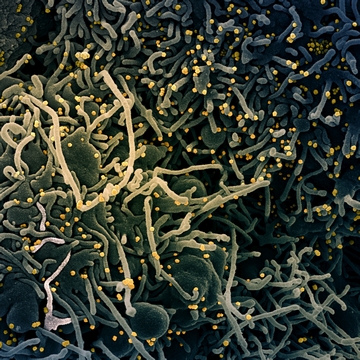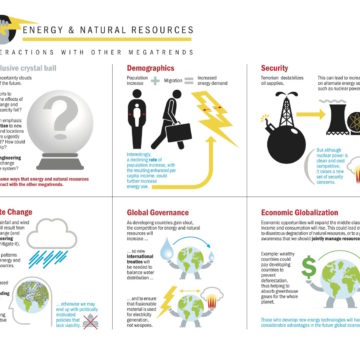Coronavirus Is Helping the Environment — for Now
The pandemic closing factories and keeping cars off roads may be good for emissions, but all of those gains are short term. While millions of workers are spending days at home, the Trump administration hasn’t dropped its work to counteract environmental progress. Today, it’s set to announce one of the most sweeping and consequential regulatory rollbacks of Trump’s presidency: a reversal of vehicle emissions standards enacted by the Obama administration. The old rule forced auto-makers to increase fuel efficiency year-by-year at a rate of 5%, by taking mileage and emissions into account. Now car-makers will only have to increase efficiency by just 1.5% year-over-year. The rule was already in the works before the first confirmed COVID-19 case in the U.S., and it comes after the EPA announced it is no longer requiring companies to comply with a wide swath of environmental laws if they cite the pandemic. So while pollution may be down for the time being in a few big cities in the U.S., a trend that’s playing out in India and in Hubei province, where levels of nitrogen dioxide fell by 40% during a strict lockdown, government moves to boost withering economies could turn back that progress. As Hubei province opens back up, drivers are getting back behind the wheel, and auto-makers are back at work. Plans to reignite China’s economy could also reignite pollution—a report released by the NGO Global Energy Monitor found that China has approved plans for more coal-fired power capacity in the first three weeks of March than in all of 2019. In the U.S., the congressional bailout package is helping fuel-inefficient airlines, while shunning the sector responsible for two of the fastest-growing occupations in the country: solar and wind technicians.




